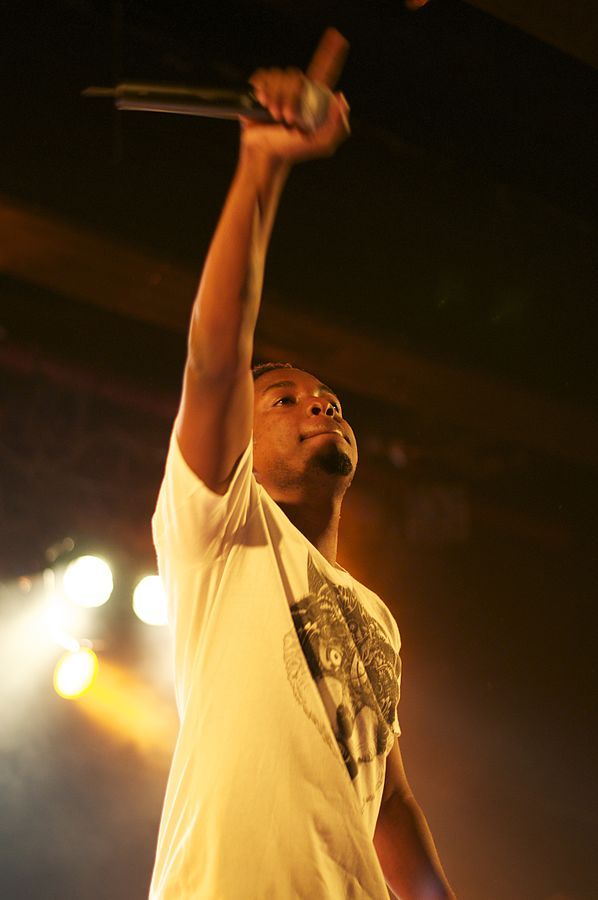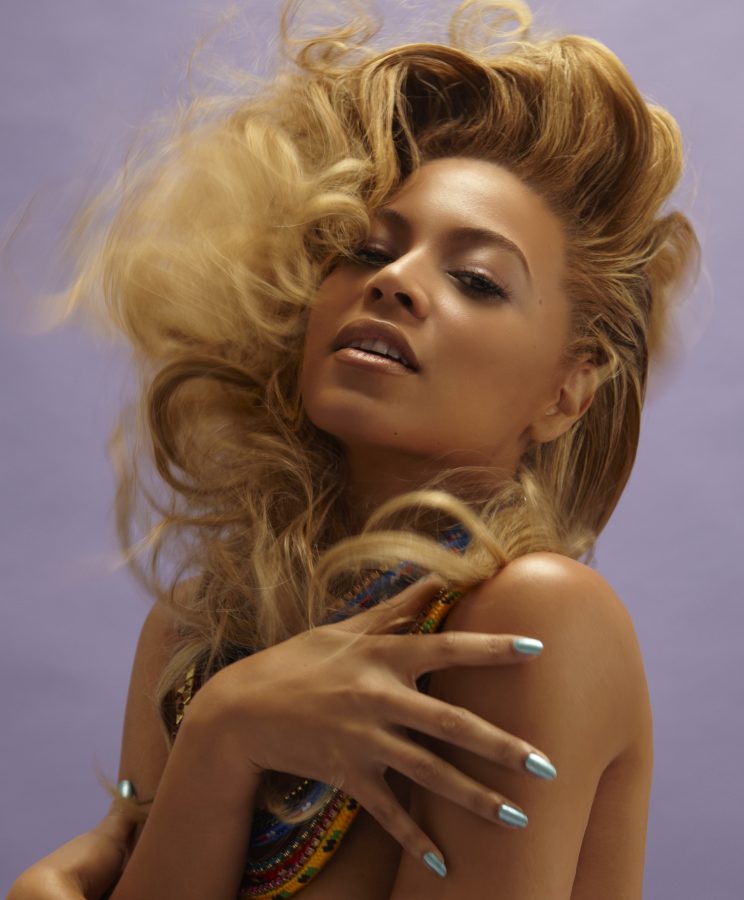On Sunday, Feb. 7, 2016, Beyoncé performed her song “Formation” at Superbowl 50 in what, to many people’s dismay, appeared as attire befitting the Black Panther Party. Clad in studded black leather, her back-up dancers especially may have been seen as controversial, due to their hairstyles and headpieces. The women wore afros, laden with black berets that cut two lobes into their springy hair. Not only is this the 50th Superbowl, but the year also marks the 50th anniversary of the formation of the Black Panther Party.
The Twitterverse and other social media platforms were abuzz with responses and rebukes to the performance as “racist,” “anti-cop,” and “disrespectful.” While there may be a kernel of truth with respect to disrespect in lyrics like “My daddy Alabama, Momma Louisiana/ You mix that negro with that Creole make a Texas bama,” it is hard to find anti-cop sentiments in the lyrics of this song.
Genius.com, a website dedicated to deciphering meaning and giving context to song lyrics, says about that certain lyric, “’Bama’ was originally black slang for working class blacks arriving North from the South during the Great Migration. It meant someone who didn’t know how to behave ‘properly’ and wasn’t presentable for white sensibilities. ‘Bama’ is both classist and racist, and Beyoncé using it in her song speaks to flipping off respectability politics.”
Not only on social media, but in the public domain, are seen backlashes to Beyoncé’s performance. Foxnews.com reports that Miami may be banning Beyoncé from performing in the city in the future, possibly for fear of rioting. CNN.com reports that there are protests and counter-protests soon to ensue over Beyoncé’s “hatespeech & racism.”
If people were judging and criticizing Beyoncé’s music purely from a musicality standpoint, none of this would be an issue. However, when the idea of a (now defunct) militant, socialist organization takes center stage, the issue becomes so much more complicated that musical taste. One must look at historical evidence.
The Black Panther Party was formed in 1966, in the midst of the Civil Rights Movement. Originally, their main activities were to prevent incidents of police brutality by distantly following police cars around neighborhoods, essentially ‘policing the police.’ When confronted by a police officer, Party members cited laws (including open-carry guns laws) proving they have done nothing wrong and threatened to take to court any officer that violated their constitutional rights. While advocating militancy and revolution, this brought the idea to the public mindset that they were always violent. Internal sabotage by the FBI eventually led to the fall of the organization. These two facts often overshadow the Panther’s work creating and sustaining social community programs such as the Free Breakfast for Children program and community health clinics. With that in mind, does it seem that the Black Panther Party really had such a ‘racist’ and evil agenda?
On Monday, February 15, 2016, while Beyoncé continued to receive flak for sudden self-outing as a proud, black woman, Kendrick Lamar received four Grammys to his album “To Pimp a Butterfly,” for being an “alright” black man.
There is irony to be tasted here. It’s thick as sickly sweet honey. While Beyoncé has suddenly ‘come out’ as proud and black, Kendrick has been writing songs and rapping about growing up in Compton since forever. It is only with his latest album, “To Pimp a Butterfly,” that he has seemingly forever endeared himself with his white audience.
My point is that you won’t see the black community ripping on Beyoncé for her performance. It’s mostly a subsection of whites that have negative reactions to Beyoncé. But at the same time, the black community isn’t enamored with “To Pimp a Butterfly.” I’ve heard things about it such as “it’s too jazzy” and “I don’t like the beat” from kids that grew up in the ghetto. Part of this reaction from the black community may be due to a lack of music education in inner city schools, and lack of retention in those schools. The crowds at his latest concerts have been almost completely white, after the release of this latest album.
That’s not to say every black person hates the album. In it, he raps from a deeply personal perspective of dealing with vices, temptation, regret, and so much more, and blames his environment for putting him in this situation. Surely someone can relate. Apparently, the voters at the Grammy’s could. Not only did the album receive a 10 out of 10 review from Anthony Fantano, a renowned music critic on Youtube, but also from the music professionals who make up the voting committee at the Grammy’s.
That’s right, in order to vote on who gets a Grammy, you have to be a music professional (or at least a music student). So taking into account that blacks are, on average, economically disadvantaged, that they are still a minority per capita in the music industry as a whole, and that there is the $100 per year membership fee to be a voting member of the Grammy’s, it might be safe to assume that the majority of the voting body this year was white.
White people voted Kendrick Lamar’s album, and the songs therein, worthy of four different Grammy’s this year. But it didn’t specifically win ‘Album of the Year.’ No, that title went to Taylor Swift, ‘Miss White-Pop Sensation,’ for her album “1989.”
How perplexing: that your average kid from the ghetto isn’t in love with Kendrick’s album about the ghetto. But it won more awards than most artists do in years of waiting for a single Grammy. But at the same time, it also didn’t win the cherry on the cake, the ‘Album of the Year.’ That award went to a piece of work more shallow than alternative rock’s sell-out princess, Hayley Williams.
This is perhaps due to the fact that while your average white person can’t truly empathize with what it means to be a minority, they do feel some obligation to a rapper who has given them radio hits such as “Bitch Don’t Kill My Vibe,” “Poetic Justice,” and “Money Trees,” and is now feeding into their bandwagon distaste of police officers with lyrics such as “…we hate Popo, wanna kill us dead in the street fo’ sho” (hint, hint: anti-cop lyrics = more irony).
But that’s just it. They love their mainstream tastes. Taylor Swift is the definition of mainstream at the moment.
Kendrick Lamar has slowly been inching his way up from the bottom just by being himself, rapping about Compton. Lamar caring about “Hood Politics” isn’t a surprise to anyone who’s been listening at this point. But to Beyoncé’s detractors, her performance at Superbowl 50 was an unwelcome shock; not because she is suddenly acting more black and proud (she’s always been black, and she’s certainly always been proud), but because the detractors themselves were not very well familiar with the Black Panther Party or Beyoncé’s identities prior.
Without understanding what makes things good, whether it is an organization’s ideals, a person’s ancestry or place they grew up, or even musicality–without being able to decide for oneself with an educated mind what is good and what is not, a person will be more susceptible to listening to and following the wills and whims of others, and that includes political and musical taste.
Backlash to Beyoncé’s album is not because she is corrupt as a music professional but because our education system is broken. Praise for Kendrick Lamar’s newest work is rightly due, but is there for the wrong reasons. He got those Grammy’s out of white guilt and pop sensibilities, not because Compton is supporting one of their own.
This year will not only mark the 50th anniversary of the foundation of the Black Panther Party, but also the election of the 45th president of the United States. With police brutality and #BlackLivesMatter in national dialogue, these artists’ performances and works are important in galvanizing the public mindset on what is important for our future president to value.
Beyonce chose a wardrobe inspired by the Black Panther Party for her performance at the Super Bowl, prompting negative reactions for some viewers. The song performed, "Formation," is about black and women empowerment.






















































